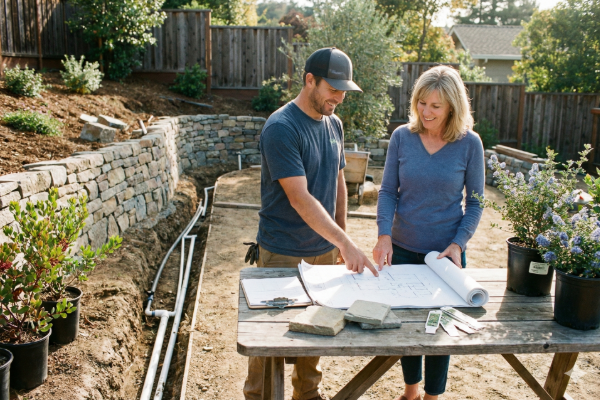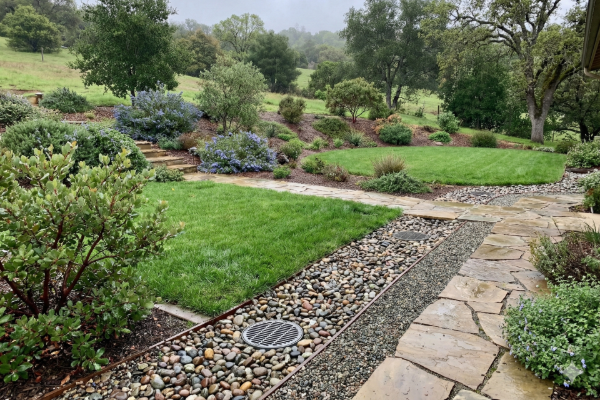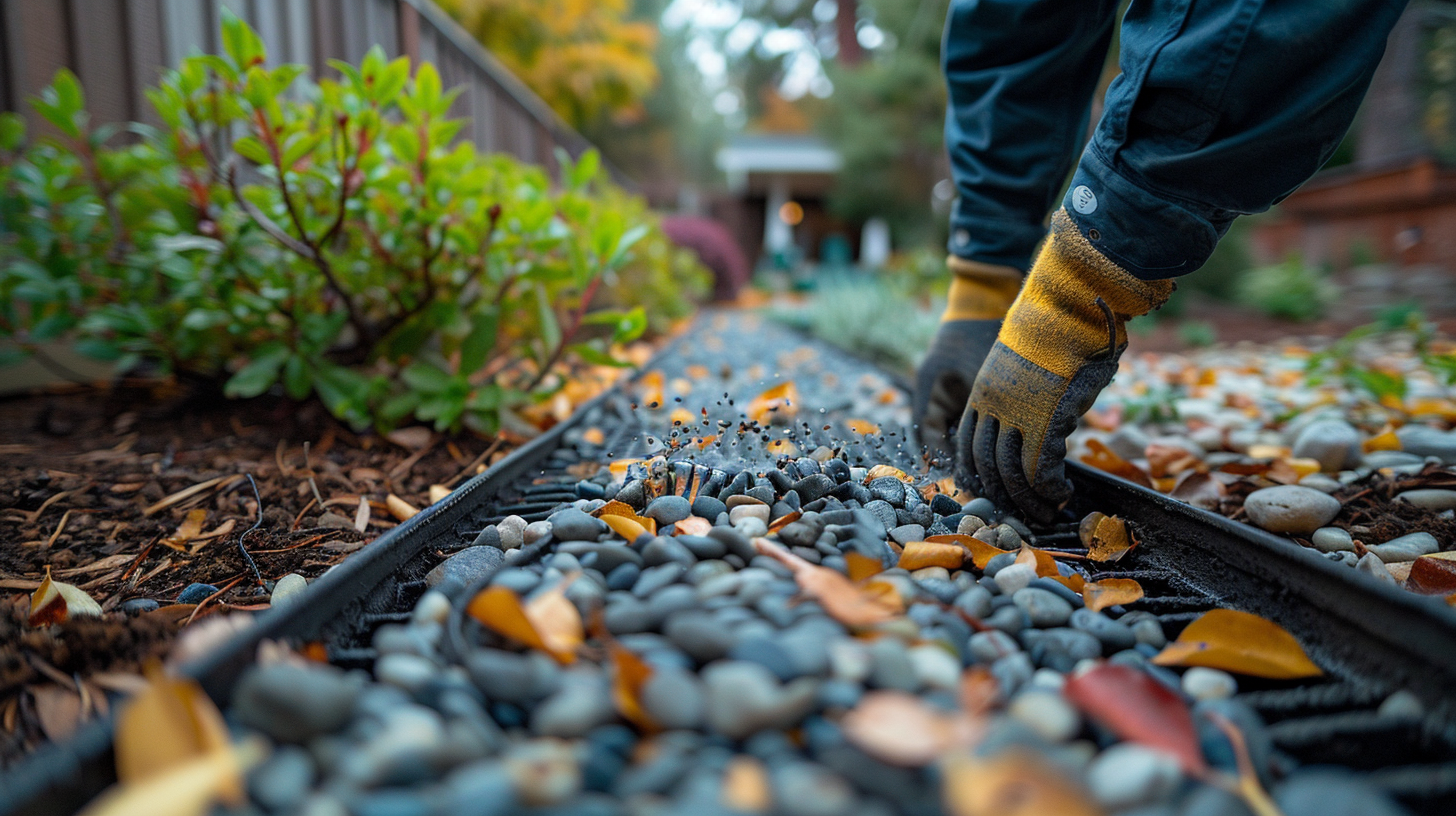What You Need To Know To Choose the Best PVC Pipe for Your Irrigation System

Choosing the Best PVC Pipe for Irrigation Systems
You've got a beautiful yard and gardens established outside of your home. Now, you need to worry about watering them. You could install an irrigation system, but choosing a suitable pipe is difficult. There are different materials, and each one has unique ratings. Most people choose PVC, but you also need to know why. It's also a good idea to learn more about this type of pipe and which one you need.
Whether you've hired a landscaping contractor and are preparing for the time you have to worry about replacement parts, or you have decided to install an irrigation system yourself, it is a good idea to know what PVC pipes you need. That ensures your entire system functions properly. Fortunately, we at Canepa Landscaping are here to help you learn more about these pipes and choose a good one for your yard.
What Is PVC?
PVC is polyvinyl chloride. Everyone calls it PVC. It is used for most water distribution systems, including waste, irrigation, and drinking. The reason is that it neither releases nor absorbs toxic chemicals. Unless, of course, you set it on fire. A good landscaping contractor will warn you not to inhale burning PVC. Aside from being painful, the smoke is hazardous.
On a more technical note, PVC is divided into two categories: class and schedule. You'll need to know the differences between these two to create your system. But, of course, you should know this before you buy the PVC. That's why we're here. We'll explain the differences so you can decide what is best for your system.
What's a Schedule Pipe?
Schedule pipe is prevalent. The Schedule system is easy, and most people understand it. The number that follows the schedule, such as Schedule 40, designates the thickness of the walls. For instance, Schedule 40 pipe comes with a thickness of .133. Schedule 40 is one of the most common sizes. The higher the number, the thicker the walls. While you might not, your landscaping contractor will worry about this.
What's Class Pipe?
The Class pipe system is familiar to many because it's been around a while. It's still in use today. The most prevalent class pipe is Class 200, rated at 200 PSI or pounds per square inch. However, it has much thinner walls than the Schedule pipes. That is very important for PSI rating. For comparison, the Schedule 40 pipe is rated at 450 PSI. However, any landscaping contractor will tell you that PSI is not as important as expected.
Is PSI Important?
When you ask your landscaping contractor what PSI the system will experience, they'll probably give you a number between 30 and 50. You would expect that using Schedule 40 and Class 200 would provide plenty of wiggle room. However, that's not always the case. Sometimes, poorly designed systems can experience a surge, sending the PSI soaring. The goal is to stay within your safety rating when this happens.
Is GPM Important?
The most important part of designing your system is how many gallons per minute the pipes you have can handle. Your landscaping contractor should know how important GPM is. Your system will put out a certain GPM. The entire design will revolve around this number. The total GPM in your system determines how many heads your system has. For example, you can have six sprayers with 13 GPM and 2 GPM heads.
Is Flow Important?
One final thing your landscaping contractor will consider is your flow or friction loss. There is a significant difference in the flow ratings of Class 200 and Schedule 40 pipes. That can make a difference in the design of your irrigation system. To get the right option, your contractor will likely consult flow charts to ensure they have the suitable pipe in the correct location.
Which One Should Your Landscaping Contractor Choose?
In general, they will run Schedule 40 pipes for your main line. That will run from your water meter to your valves. From there, they will use Class 200 lines. Now, you're probably wondering why Schedule 40 is used for the main line when it doesn't have the GPM capacity of Class 200. The reason is that Schedule 40 is thicker and harder to break. It is also resistant to shovels or anything else you might drive into the ground. Plus, this section is under constant pressure, so you need a durable pipe. On the other hand, there is little pressure buildup in the lines after the valves, so Class 200 is fine.
There are a few tidbits that we didn't include. However, this information is enough to get you started on your project. When you need help on landscaping projects, reach out to us. We can help with various landscaping issues, including choosing suitable PVC pipes. For more information on how we can help you with your irrigation system, contact us at
Canepa Landscaping.




